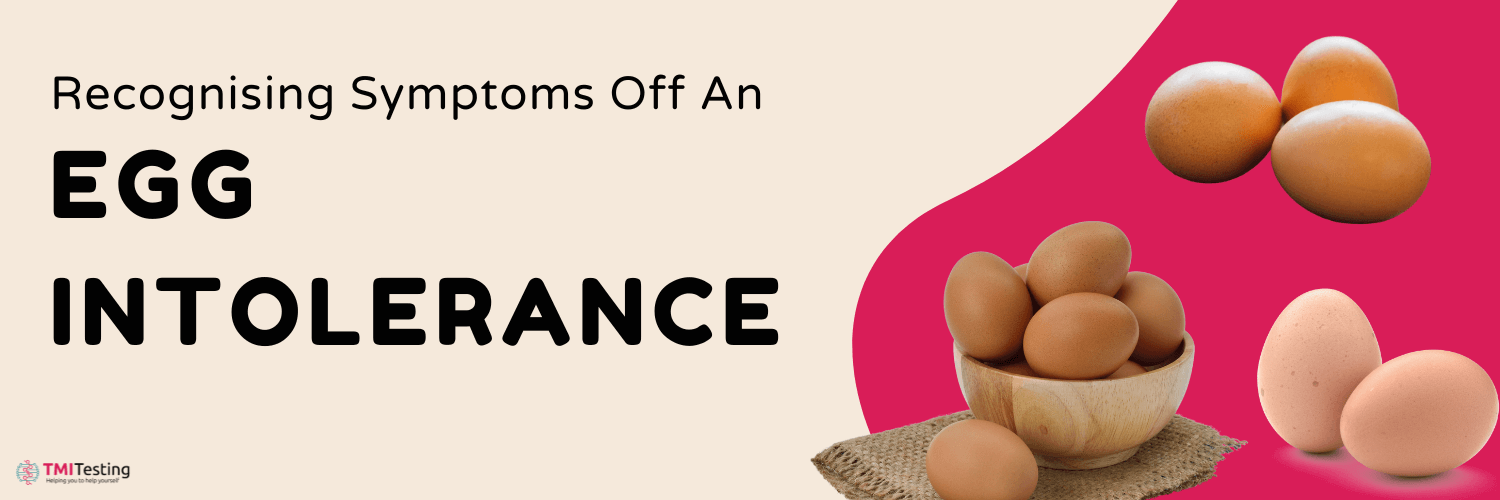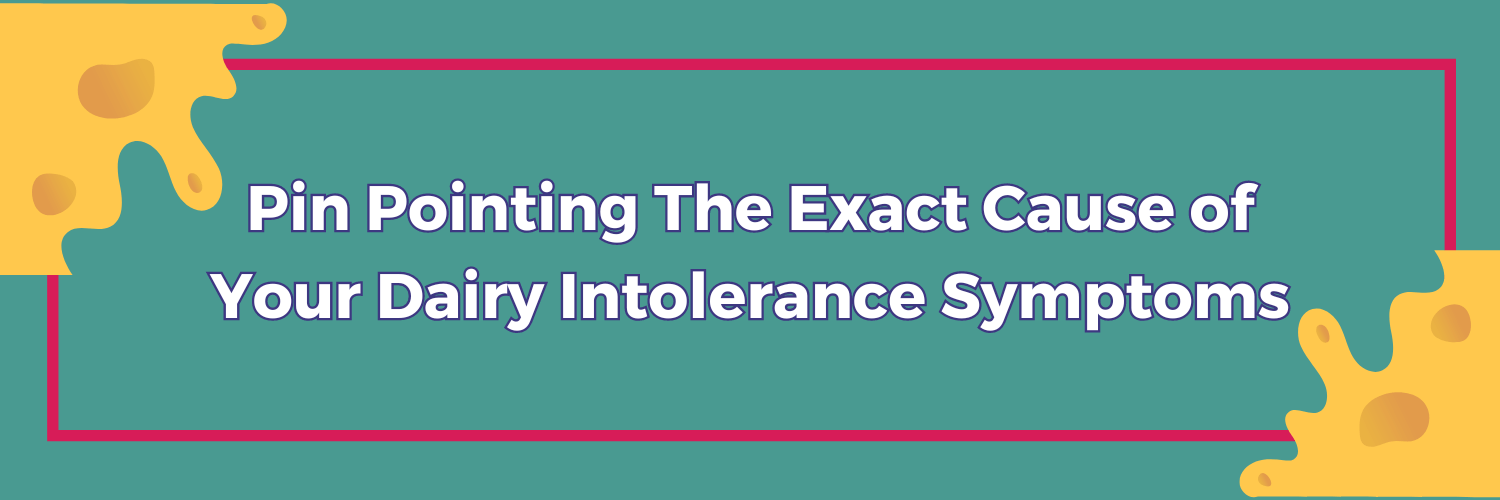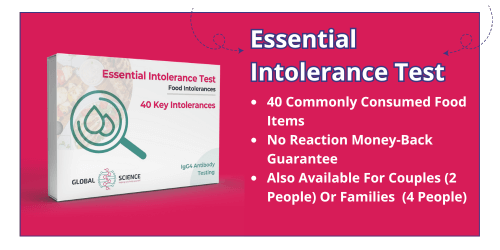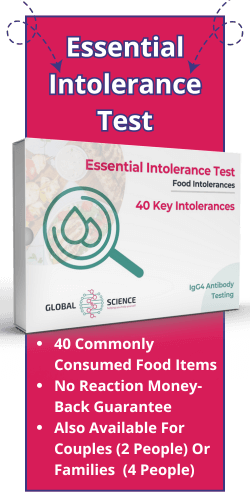With so many food intolerances out there, it makes it hard to figure out what might be causing a problem. This is exactly why at-home food intolerance testing can offer support and guidance. They help you find out what is causing your digestive system to struggle. One of the more commonly overlooked options is egg intolerance. If you have egg intolerance symptoms or are curious about the causes of this digestive concern, read on!
What is egg intolerance?
If you discover that you have an egg intolerance, it means that your body cannot digest an egg. The problem could be the egg yolk or the egg white. There is even some evidence that makes it seem as though you could be intolerant to both egg yolk and white. In these cases, this removes the option of eliminating one or the other from your diet.
Egg intolerance symptoms
Symptoms of egg intolerance often involve the stomach. Common symptoms include bloating and diarrhoea. Other less common symptoms include constipation, nausea, cramps, and unexplained lethargy or fatigue.
The difficult part of diagnosing a food intolerance by its symptoms is the timing. They can happen minutes, hours, or even days after you eat the problem food. This makes it difficult to know what you are reacting to outside of food intolerance testing. Many will try to self-diagnose by keeping a food journal. Long-term, this can be challenging to keep current. Plus, you still will need to do a “connect the dots” exercise to figure out what food triggered which response.
Where does egg intolerance come from?
Experts are still researching where food intolerances come from as a whole. When it comes to egg intolerances, in particular, experts mostly believe that egg whites are the culprits rather than egg yolks. The reason behind this is still pending.
Underlying causes of egg intolerance
Science and research believe that gene variations factor in. Genes can say if someone is prone to food intolerances. As you know, intolerances come from how we digest and metabolise our food. As far as our bodies are concerned, genes determine that. The gene known as FUT2 is a key “ingredient” to this. Variations in this gene can lead to problems in digestion and even gut bacteria health.
With more research, experts can see if egg intolerances are connected to this particular gene. This may lead to scientists being able to presume food allergies and food sensitivities or intolerances. Since food intolerances are becoming more common worldwide, there is more pressure on science to “catch up” on testing and research.
Can you live with egg intolerance?
Egg intolerance is especially common in children, and many outgrow egg intolerance with time. Since food intolerances can be difficult to isolate, it is best to consider food intolerance testing. This gives you lab-tested, precise results that show you what you are dealing with. After all, avoiding eggs is no good if it turns out that you are actually gluten intolerant, right?
As far as living with egg intolerance, you will have to learn how to get an egg’s nutrients from other sources. Eggs have a lot of essential nutrients. These include omega-3 fatty acids, lutein, choline, selenium, and vitamin D. Finding those in other sources consistently can be challenging when still eating a varied diet.
The need for egg avoidance often leads many to seek egg alternatives instead of the real deal. This is a great idea, of course, but one that you need to use very carefully. Many egg substitutes can and do contain eggs. It makes it difficult for those who want an easy choice. If you consider an egg substitute, check the ingredients carefully! And check with your GP or dietician if you need clarification.
As a rule, you can find comfort and safety with certified vegan products. Since this certification guarantees that products are free from animal byproducts, this can give you a true egg-free choice to trust in your diet. Shopping for healthy choices in the vegan aisle of your shopping centre, or online can help you get that comfort you want and need. You also may find more choices for adding variety to your diet.
While eggs are a delicious and healthy staple in a modern diet, they aren’t a wise choice for those with egg intolerances. Understanding what an egg intolerance is, where it comes from, and how you can recognise it is essential. This will support you in doing your part to help you enjoy food again without worrying about unknowingly eating something you are intolerant to!






